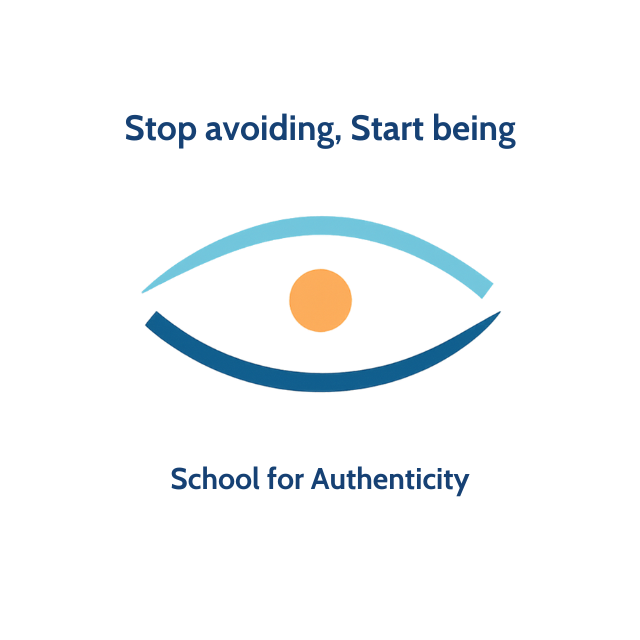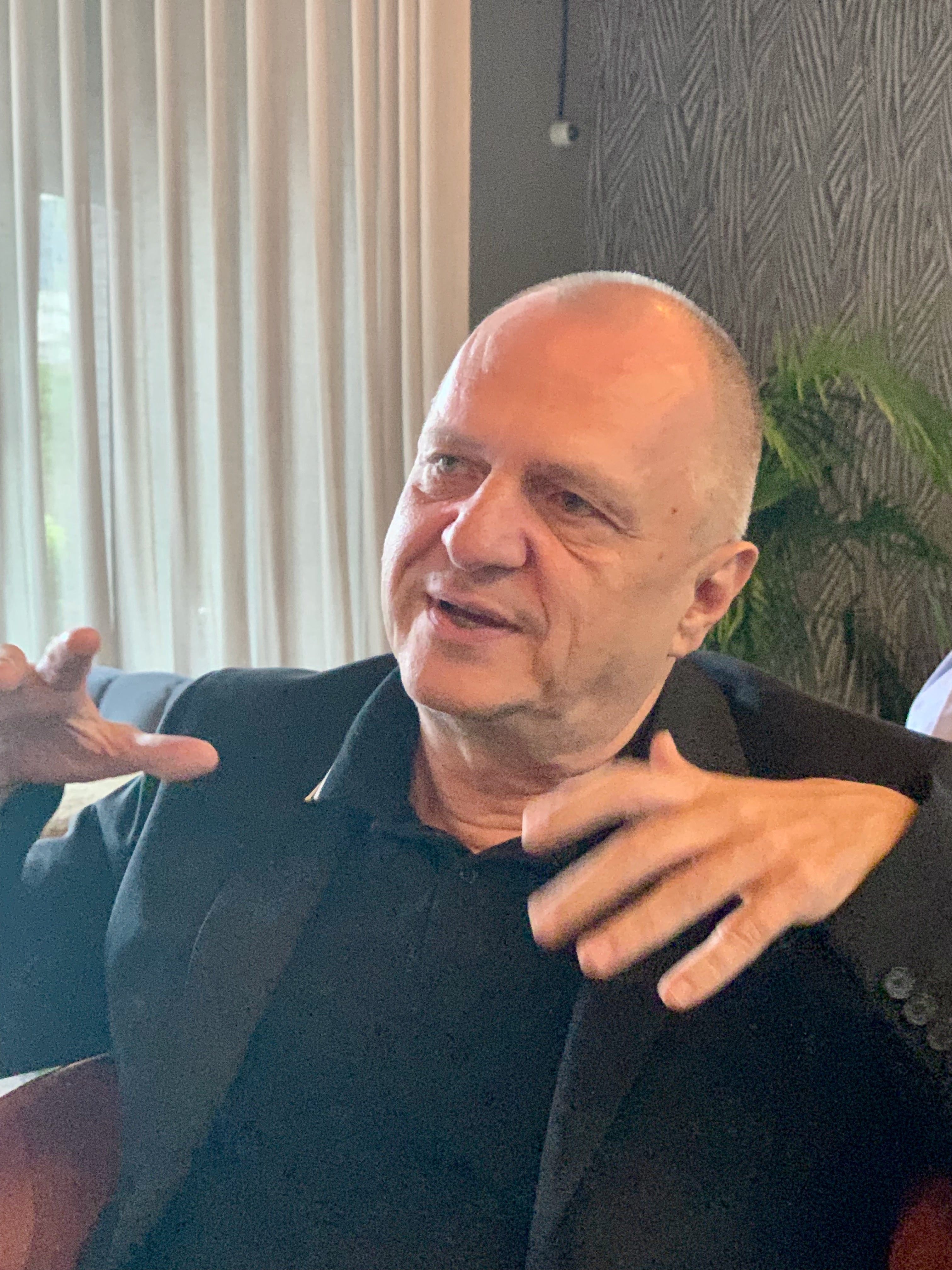Why You Can't Say No — And Why That's Not the Real Problem

- Your friends invite you out. You don't feel like going. You say yes anyway.
- Your colleagues ask for help. You're already drowning in work. You say yes anyway.
- Your partner wants a night out while you stay home with the kids. You let it go.
Sound familiar?
Here's what's actually happening: you want one thing, but your environment asks for something else. And every single time, you choose to follow your environment. Your partner, your boss, your friends — even complete strangers. Their needs win. Yours lose.
But here's where it gets interesting.
Most people don't just accept this pattern. They defend it. They rationalize it.
"I should let my partner have a night out too — that's only fair." That's justification: framing your surrender as morally correct.
"Why would I be angry at my colleagues? I have no right to feel this way." That's rationalization: burying your emotions under a blanket of logic.
Both serve the same purpose: they stop you from changing your behavior. They keep you stuck.
And this internal dialogue? It's a habit too. You've trained yourself to say yes. You've built an entire library of reasons why saying no isn't an option. These reasons feel like truth. They're not. They're just well-practiced thoughts.
The Trap of Changing Habits
Here's what most personal development will tell you: learn techniques. Use tricks. Replace bad habits with good ones.
It doesn't work. Not really. Not lasting.
Why? Because these approaches don't touch the core. They redecorate the prison cell instead of opening the door.
This is exactly what makes authenticity work different. We don't see your inability to say no as a habit to fix. We see it as a signal — a message telling you that you're not living as your True Self.
Being Yourself vs. Being Your True Self
There's a crucial difference most people miss.
Being yourself means following your current patterns, thoughts, and habits. It's comfortable. It's familiar. It's also keeping you trapped.
Being your True Self means connecting to who you actually are beneath those patterns. The version of you that existed before fear taught you to hide.
Most self-improvement keeps you firmly in your ordinary self — just a slightly optimized version. Still afraid. Still saying yes when you mean no.
Fear Is the Engine
Every habit that doesn't serve you is rooted in fear.
You're afraid to show your real self. And for good reason — showing your true self caused pain when you were young. Rejection. Judgment. Disappointment. Your nervous system learned: hide who you are, and you'll be safer.
So now, as an adult, you keep hiding. You say yes to avoid the discomfort of no. You abandon yourself to keep others comfortable.
But here's the truth that changes everything: **your True Self doesn't experience that fear the same way.** Your ordinary self is terrified of being seen. Your True Self has nothing to hide.
What This Looks Like in Practice
Menno came to the School for Authenticity in his fifties. Successful career on paper. But at work, he was constantly overwhelmed — unable to say no, buried under other people's demands, overworking without recognition.
He couldn't change it. Until he understood: his True Self was someone who works deeply and thoroughly. Not someone who scatters his energy to please everyone.
He didn't learn tricks. He learned to use his fear as a guide back to himself.
The habits didn't need to be broken. Once he reconnected with his True Self, they simply fell away.
What habits are signaling you right now?




